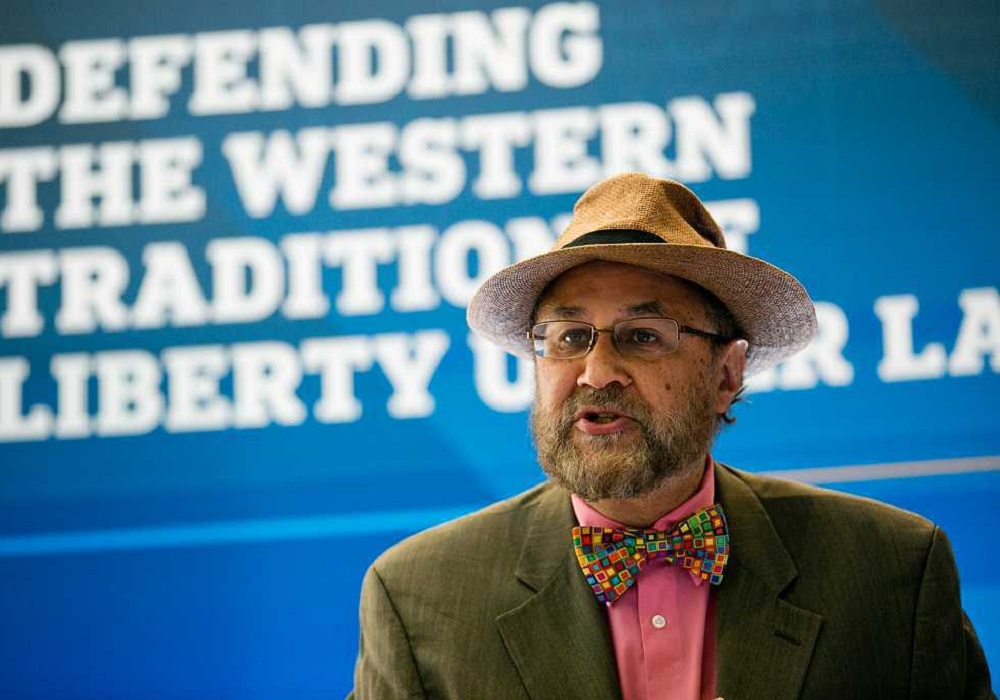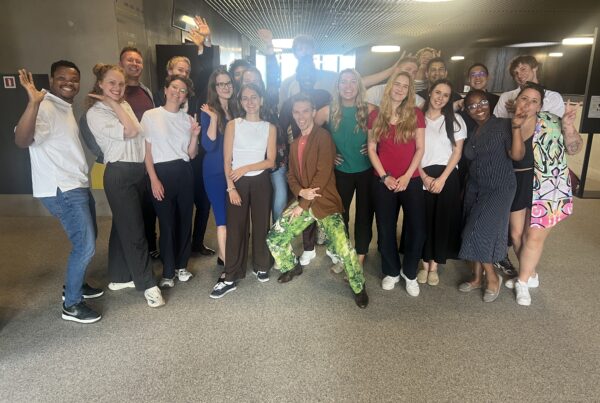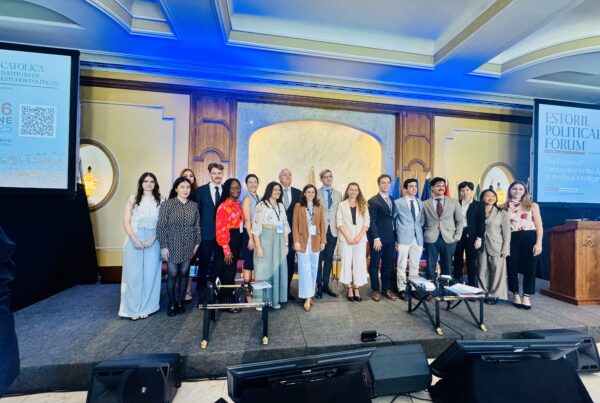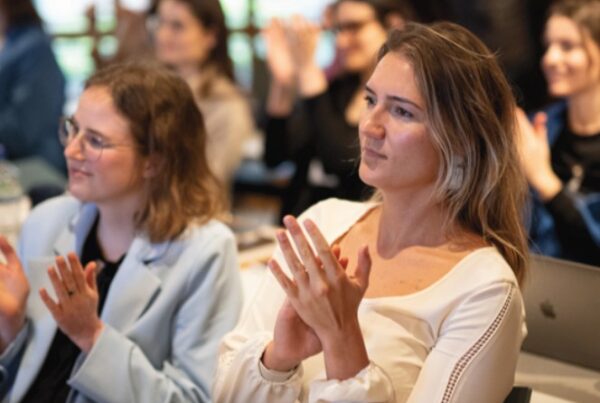
September 2017
Paul Flather set to step back from key role
After more than 15 years at the helm of the Europaeum association, having presided over its growth and development, Paul Flather will be stepping back from his key role this autumn.
He has helped pioneer many of its signature programmes and projects – the jointly-offered degree courses, one of which is to win Erasmus Mundus support; the international graduate workshops for advanced research students; the exiting week-long flagship summer schools; and the many academic mobility and exchange schemes, scholarships schemes and bursaries.
“I will miss so many aspects of the work,” Paul Flather says. ”But most of all working with so many lively and smart students from all over the world, not just Europe. The personal thanks, the warm feedback, even the tears and hugs at the end of our events, will be something I will be sure to cherish.”
“All good things must come to an end – and it is a time for a change for me, and, no doubt, for the Europaeum too. It is now 25 years old now, the right moment to move on”, he adds.
He was first introduced to the Europaeum in the mid 1990s when he served as Director of International and External Affairs at the University of Oxford, when he first got to know Lord (George) Weidenfeld, the founding inspiration for the consortium, and they built up a very deep relationship – which continued after the Europaeum became an independent charity under UK law from 2000 and Paul Flather was appointed as founding Secretary-General after a job competition across all the members.
Paul recalls: “One of my highlights has been regular visits to discuss progress with George either in his office at Weidenfeld and Nicolson, or in his book lined office in Chelsea. He was always so full of energy, so flattering, dubbing me ‘the alchemist who watched over the growth of his first baby’!”
After the Europaeum, Lord Weidenfeld went on to help to initiate many more significant projects and programmes – including the Blavatnik School of Government, the Weidenfeld-Hoffmann scholarships scheme, the Club of Three, and the Institute of Strategic Dialogue.
Dr Flather began his professional life as a journalist, working variously for the BBC, Times Newspapers, the Times of India, and the New Statesman, before returning to Balliol to complete a national prize-winning D Phil (PhD) on Indian democracy, then being elected to run higher and further education at the London Council, before serving as the founding Secretary-General and CEO of the Central European University and various other Soros programmes in Central Europe, and then returning to Oxford to head up a new department. He has been a Fellow of Corpus Christi College, and now of Mansfield College.
The Europaeum began with three founding members, but now has 12 members, and extensive programmes including the Jenkins Scholarships scheme, the Oxford-Geneva and Oxford-Prague Study bursaries, the Brussels policy-making workshop, the International debates in Lisbon, the annual Classics colloquia and various research projects, joint MA programmes, and graduate workshop series, and the publication of journals, pamphlets, edited books and many reports.
Over these 25 years the Europaeum has benefitted some 5,000 graduates and engaged with some 1,000 experts and academics.
“I have made many friends, been privileged to work on many beautiful university campuses; delighted in working with so many keen graduates. It has been an amazing roller-coaster of a journey.”
“There is a new climate abroad in Europe, forged out of the migration crisis, populist politics, Euro-scepticism, the legacy of the Eurozone crisis, and now Brexit and the arrival of President Trump. This means our agenda has in so many ways, grown. We owe it to George and our other founders to keep the Europaeum afloat. I will, of course, continue to do my best to support all this.
Dr Flather will step down after the 25th anniversary meetings at the end of September, but will stay involved to direct some special projects and offer guidance for future work. He will focus on two other foundations he has been running in a voluntary capacity, editorial boards he serves on; taking up visiting academic posts, and writing projects.



